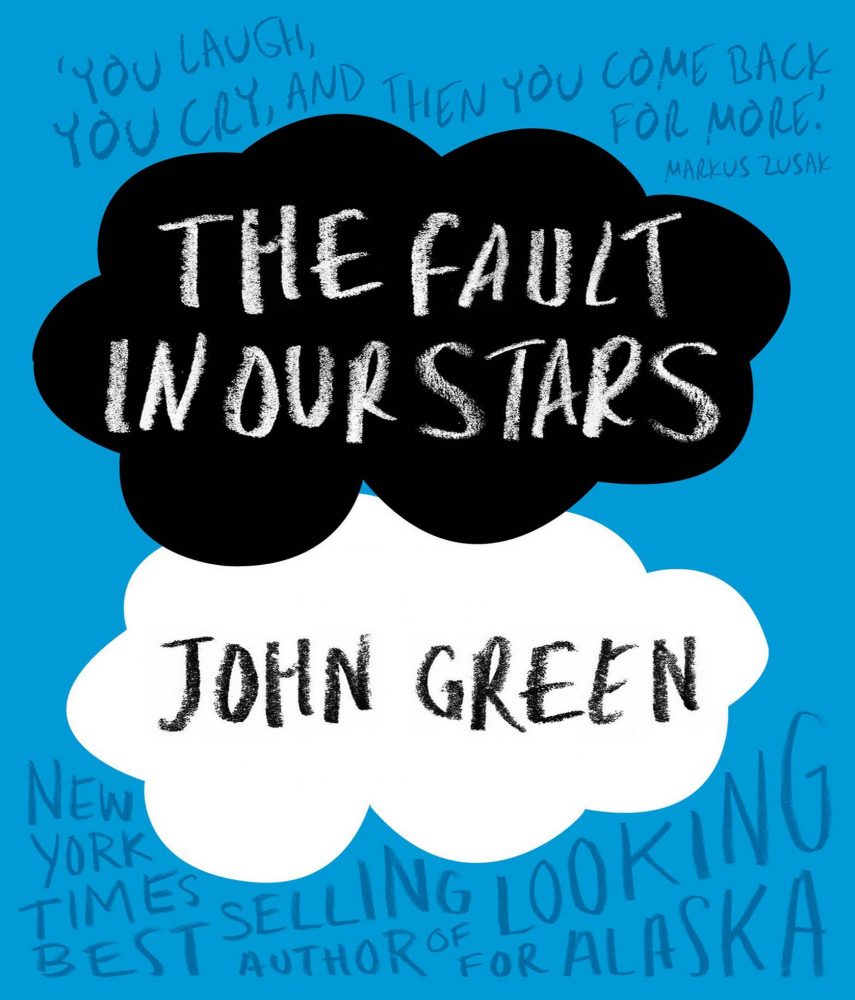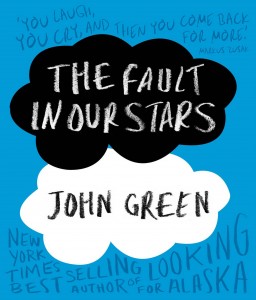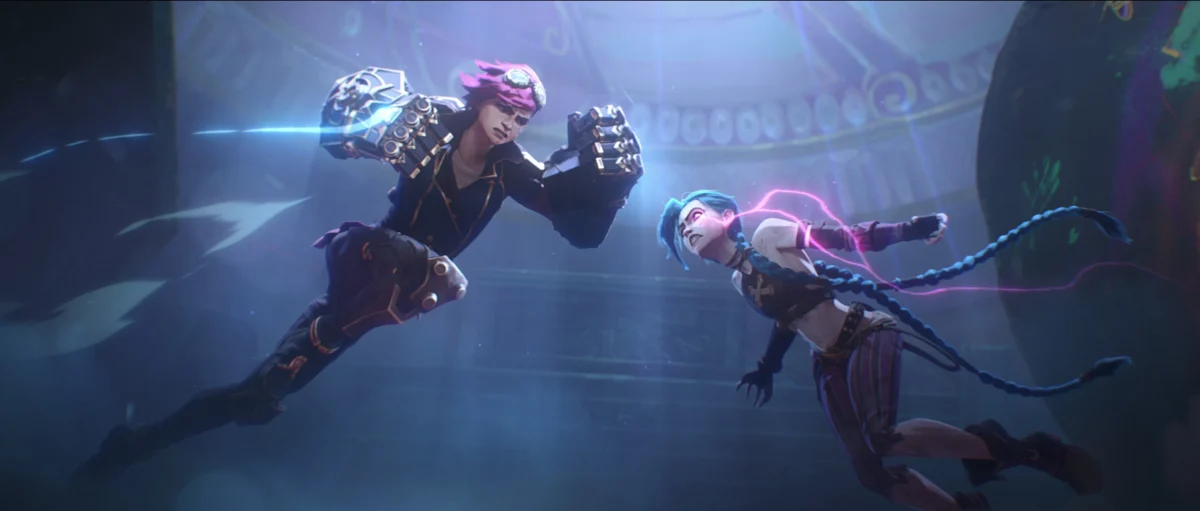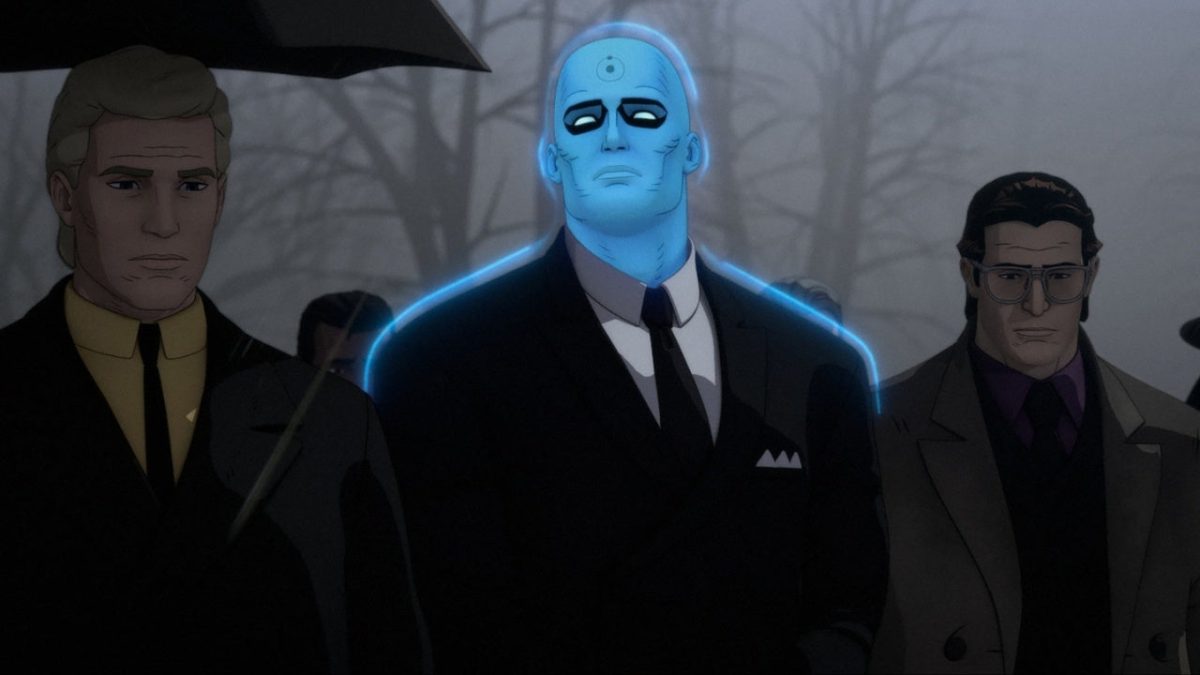Hazel Grace Lancaster is dying, but she’d be the first to point out that we all are.
Recently named one of the Publishers’ Weekly Top 10 Books of 2012, John Green strikes gold again with his January release, “The Fault in Our Stars,” featuring the dry-humored, 16-year-old Hazel.
Diagnosed with Stage IV cancer, Hazel is a not-so-proud survivor of three years, the oxygen tank that follows her a constant reminder of a disease that just won’t go away.
As she sinks into a depression at the life that she’s living, the unlit-cigarette-yielding, painfully ironic, one-legged Augustus Waters swaggers in, and Hazel Grace’s story changes forever.
Drawing from “Julius Caesar” for the title, Hazel soon learns that the egregious cancer monster isn’t picky and that the fault that lead her to this point was not her own but that of the world around her. There was no fault in her own stars, but her stars had undoubtedly been faulted.
Green’s fluid writing holds up his title as award-winning while infusing his signature sarcasm and willingness to reach into the dark places in his writing.
Each page becomes the next without the reader even noticing. Stopping mid-novel, much less mid-chapter, is an impossibility for the enraptured audience as they yearn to hear what the wise-beyond-their-years duo will discover in their desire to really live before their chance expires.
This is not “The Notebook,” and Green is certainly not Nicholas Sparks, but that’s why this novel matters. There is love, undeniable from the moment the two meet at “Cancer Kid Support Group” to the very last page, where quantifying the love proves impossible with finality unlike any other. There is wit, from Isaac’s blind video game play to an advertisement placed for a “vaguely pedophilic swing set.” There is rawness, from the reality of cancer that so often goes unseen to the acceptance that hits when “dying” becomes “died.”
That’s the kind of book that deserves to be written, though—the kind that says, “don’t put me down yet” until the first page becomes the last page. It’s the type of novel that makes the reader think that Hazel and Augustus are sitting across from them at the dinner table, relaying the story from five feet away instead of from the quirky world of Green’s imagination.
More than anything, though, this story deserves to be written because it is real. So often, novels overlook reality in search for that ‘epic’ love story and, in the process, lose the intricacies of the fall which Hazel so aptly describes as “slowly, then all at once.”
The reader will fall in love with this story the same way.









